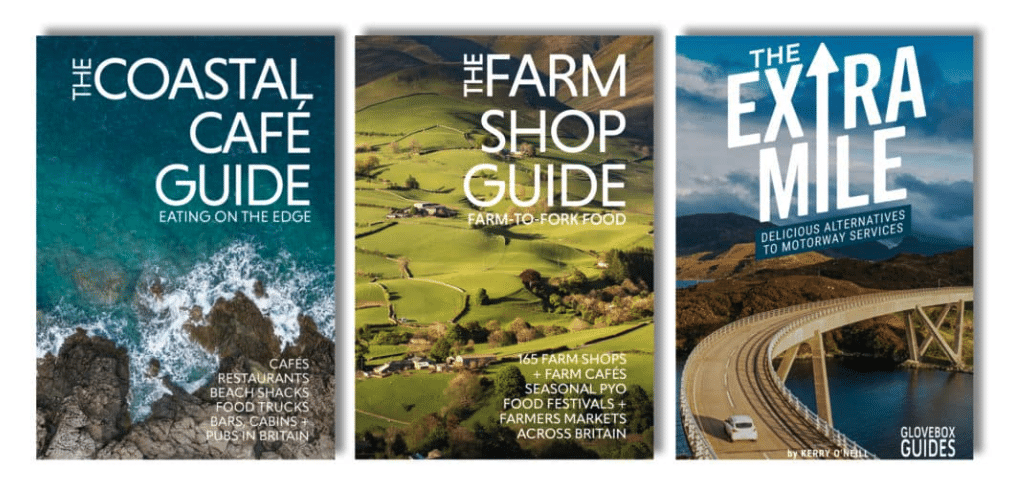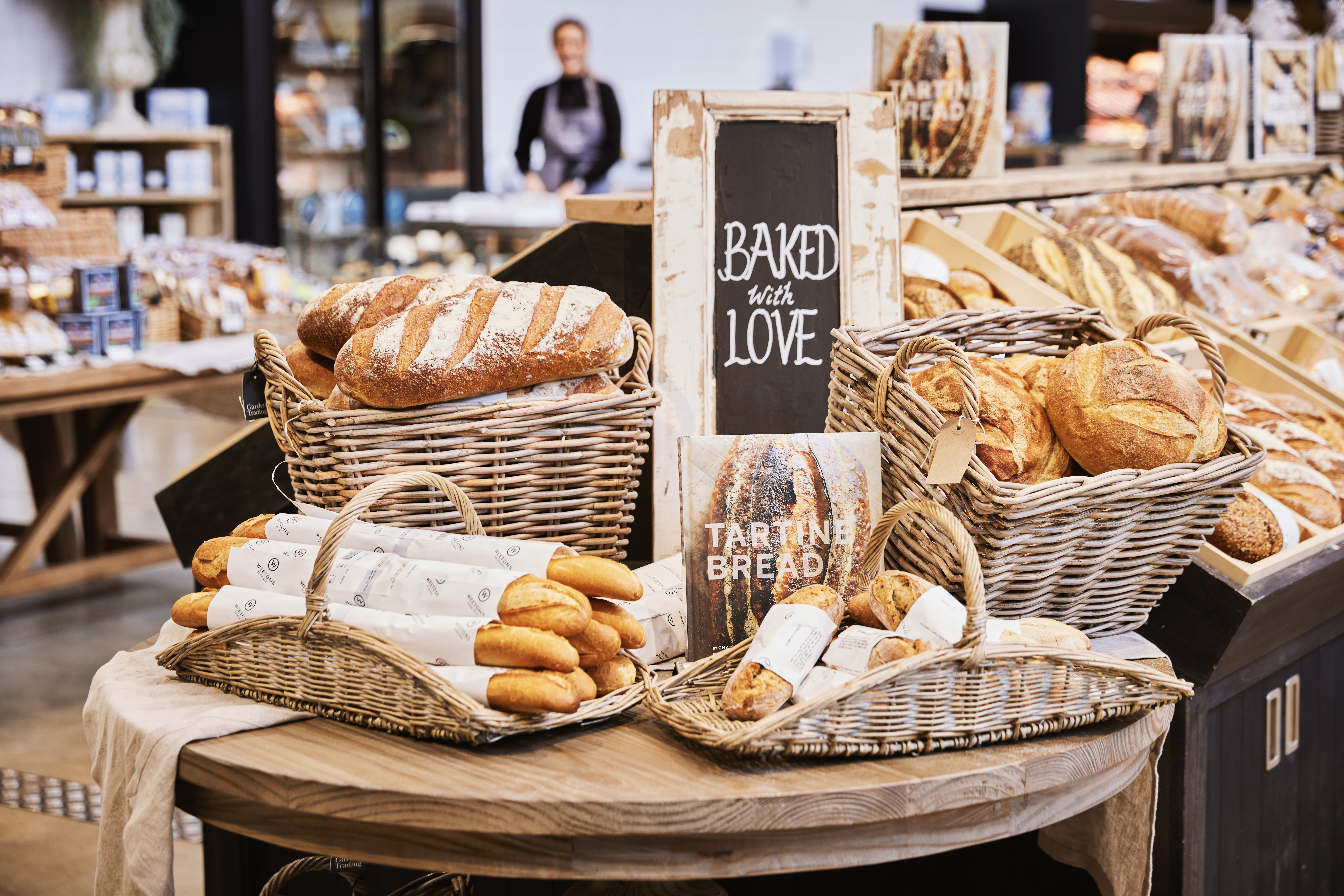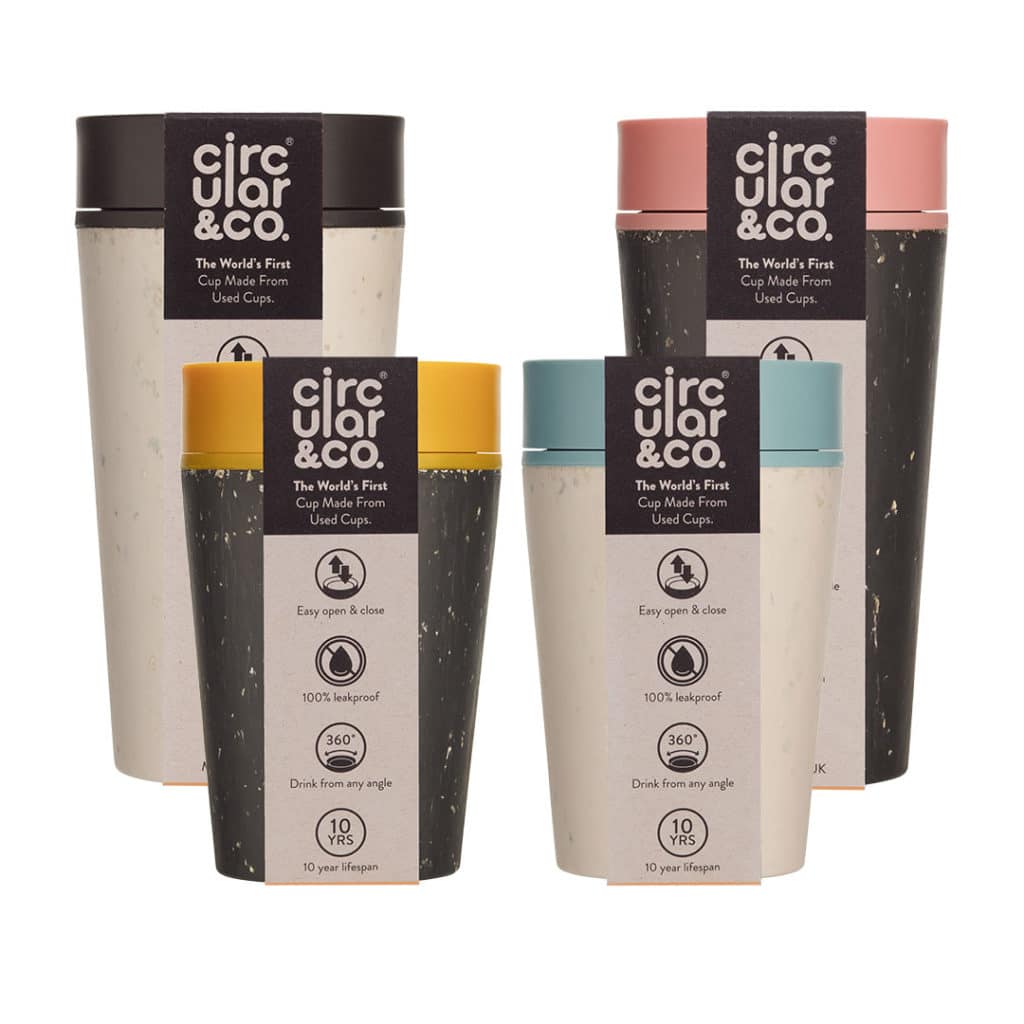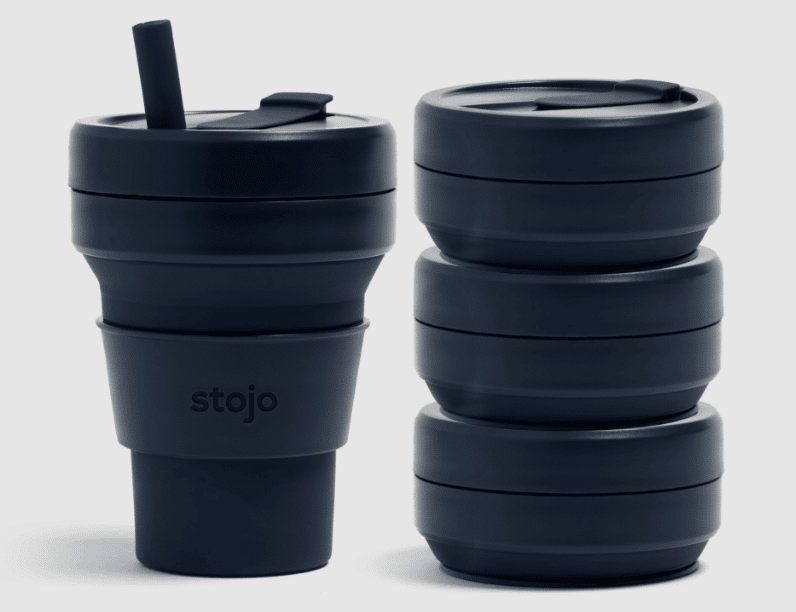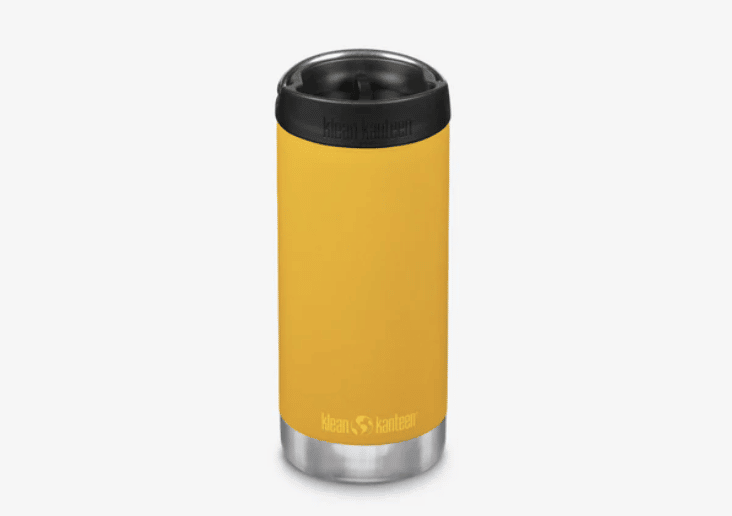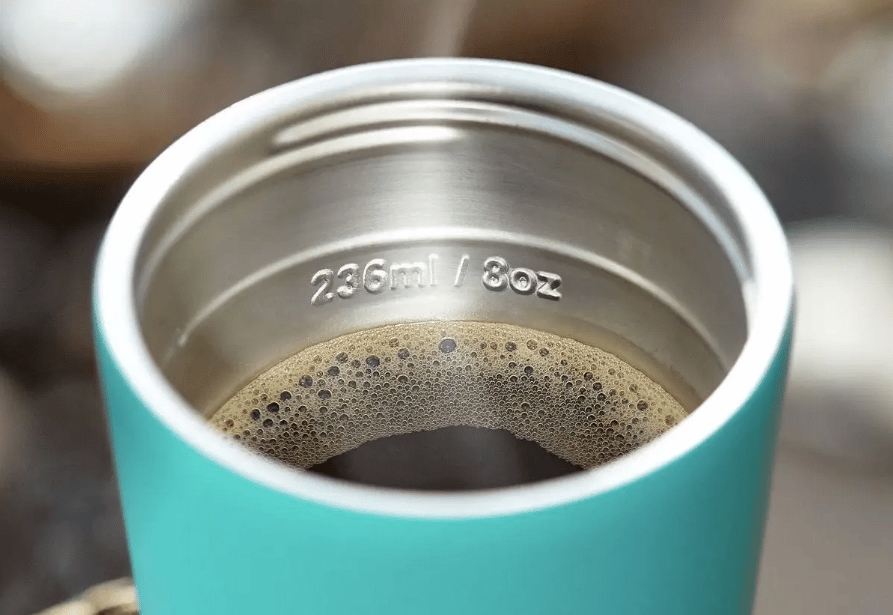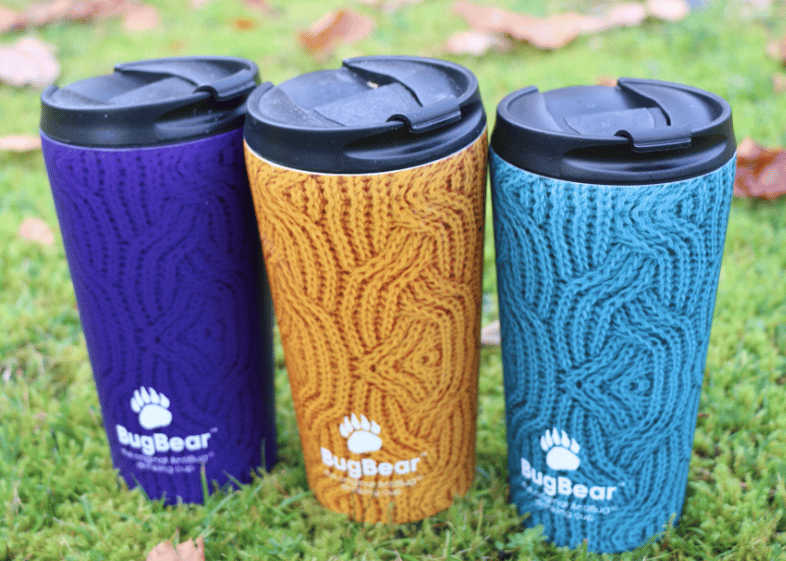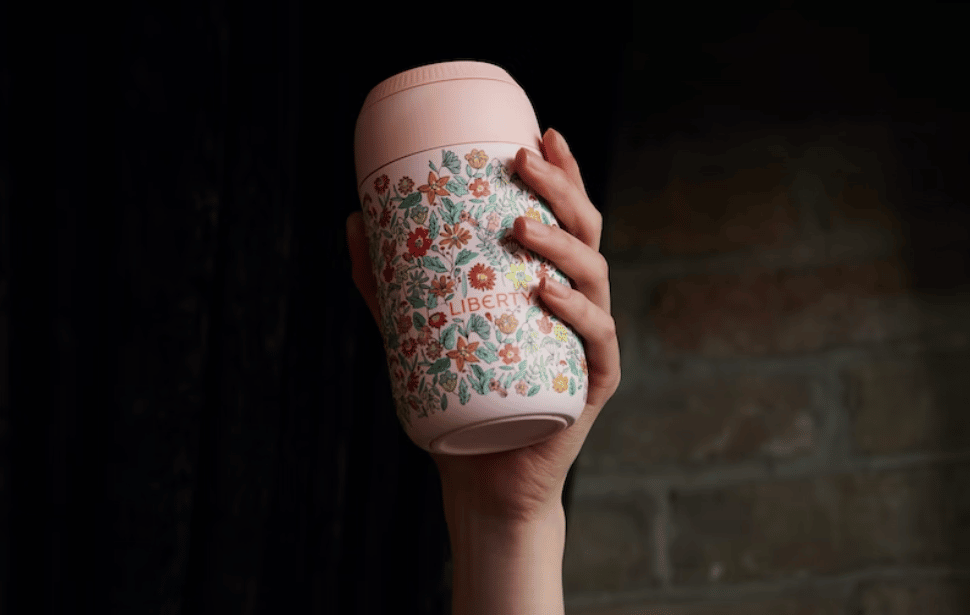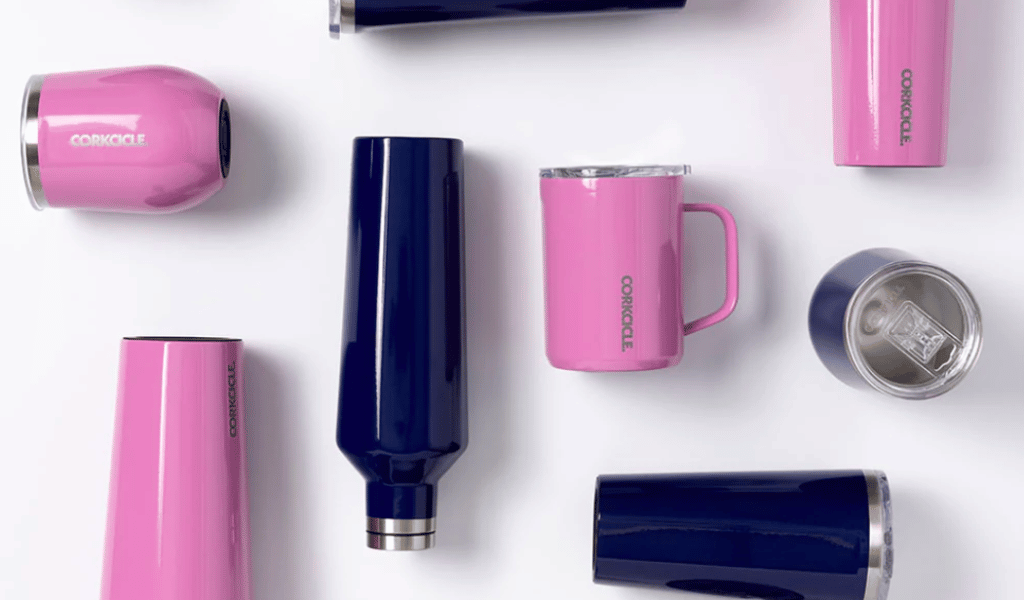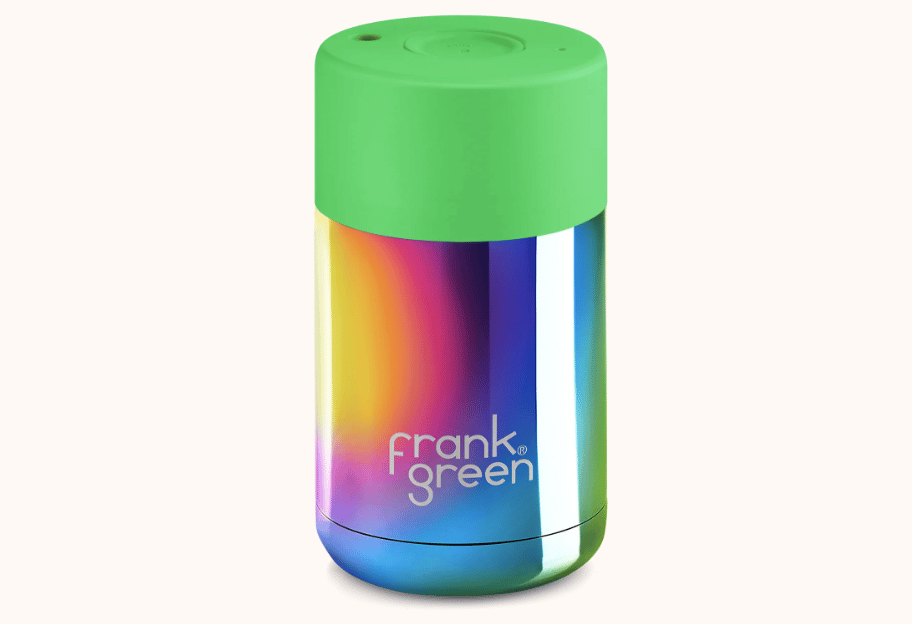
Honouring World Food Day: food with purpose
Every 16 October, the world marks World Food Day: a moment to reflect, advocate, and act on the deeply human right to food, and on the systems that produce it. Established to commemorate the founding of the UN Food and Agriculture Organization (FAO) in 1945, World Food Day is now observed in over 150 countries to promote global food security, sustainable agriculture, and diets that serve people and planet alike.
In 2025, the theme is: ‘Hand in Hand for Better Foods and a Better Future’, part of FAO’s 80th anniversary campaign (#FAO80). It underlines the urgency of transforming food systems through cooperation: between governments, farmers, civil society and consumers.
For us, as compilers of The Farm Shop Guide, The Extra Mile Guide, and other foodie books with a conscience, World Food Day serves both as a reminder and a rallying cry: that food is more than flavour. It’s connection, equity, ecology, and respect for the people and land that grow it.
Why World Food Day matters to local food and British farming
Food security is not abstract
The global picture is stark: millions still lack reliable access to enough nutritious food. Climate change, supply chain shocks, inequality, conflict, and ecosystem damage all intensify this crisis.Food systems are climate systems
Farming, land use, transport, and waste account for a large share of greenhouse gas emissions. But they also hold solutions: regenerative agriculture, agroecology, and shorter supply chains to help reduce carbon, restore soils, and increase resilience.Local action feeds global impact
Choosing seasonal, British produce, shopping at farm shops or independent cafés, and valuing small-scale farming: these things may seem local, but together they can help rebalance power, improve fairness, and reduce pressure on global supply chains.Stories and spotlighting matter
Many farmers, activist groups and charities work year-round to protect soils, restore nature, support communities, and advocate for fairer farming policies. World Food Day gives them a global stage helps amplify their voices.
How your guidebook purchase can support change
A percentage of sales from our book, The Farm Shop Guide, goes to the Sustainable Food Trust, to support their work.
The guide also features other food, farming, biodiversity, and wildlife-focused organisations, whose work strives to improve the situation for wildlife, food growing, and better food systems.
Reading and sharing these organisations’ stories helps build awareness, curiosity, and grassroots support: from consumers, farmers, and community groups.
When you buy our books it matters, when you shop locally it counts, and when you have conversations about fairer food systems and the charities working to protect and improve them, people listen.
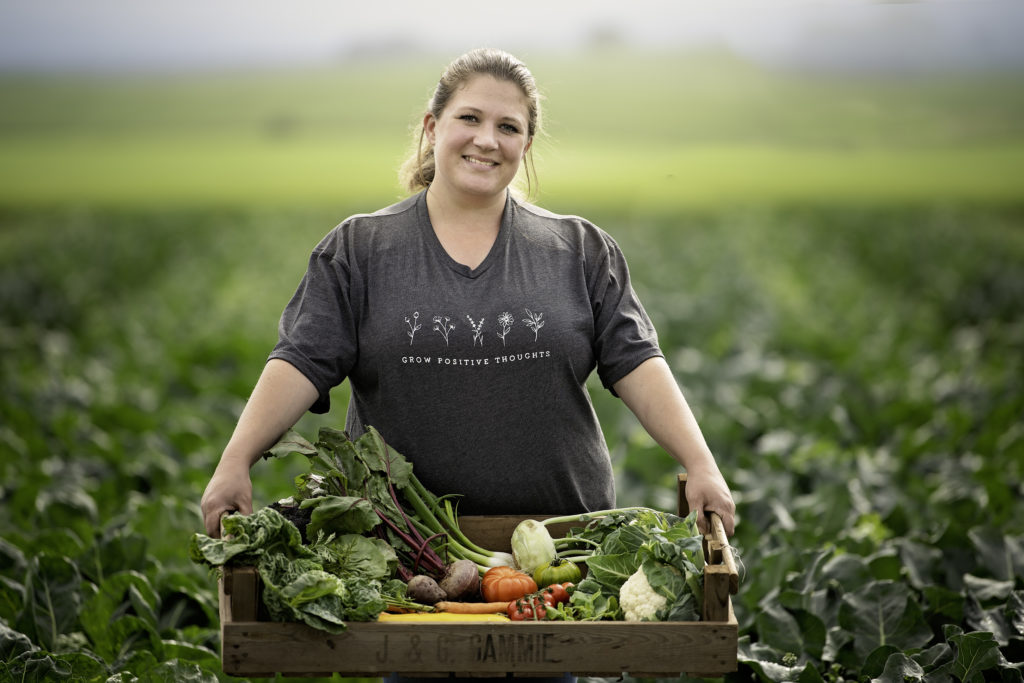
What you can do this World Food Day
Here are some simple, meaningful actions readers and communities can take this World Food Day, and indeed throughout the season and the year.
Eat seasonally and locally
Plan your meals around what’s fresh in your region. Visit farm shops or farmers’ markets rather than always defaulting to supermarkets. The Farm Shop Guide can help you find them.Choose British or regional producers
Every time you buy from a local supplier, you help strengthen their business, reduce food miles, and keep Britain’s farming heritage alive.Share the stories
Post your activities on social media using #WorldFoodDay, #WorldFoodDay2025 #FoodHeroes, #FAO80, and tag your favourite farmers, local cafés, farm shops, or food charities.Host or join an event
From a farm walk to a local talk, cooking demo, or roundtable, FAO encourages events like these as part of World Food Day. Find their useful comms support and toolkit here.Support food and farming charities
Donate or volunteer for organisations working on soil health, sustainable farming, food justice, or regenerative agriculture. You’ll find an abundance of them in The Farm Shop Guide, from Buglife, to RSPB Fair to Nature, to Pasture for Life, to LEAF (Linking Environment and Farming).Reduce food waste
Compost food scraps, plan meals, and use leftovers creatively. Such small steps multiply when many people join in.
Spotlighting food and farming charities
On this day of global focus, it’s fitting to highlight the organisations featured in our Farm Shop Guide: those whose work we value and whose stories we help carry.
The Sustainable Food Trust
The Wildlife Trusts
LEAF (Linking Environment And Farming)
The Nature Friendly Farming Network
The Biodynamic Association
Buglife
The Farm Retail Association
RSPB Fair To Nature
The Permaculture Association
The Royal Countryside Fund
The Soil Association
OF&G Organic
Better Food Traders
Pasture For Life
Each organisation tackles different pieces of the food puzzle, from soil regeneration to wildlife, organic standards to retail innovation, biodiversity to local markets. By reading their stories in our guides, sharing them, and supporting the ideas they stand for, you help keep the pulse of better food systems strong.
Summary of World Food Day 2025
World Food Day is more than a date on the calendar. It’s a moment to reconnect with the fundamental truth, that food shapes our world, and our choices shape food systems.
By buying a guidebook with a conscience, reading and sharing stories of farmers, advocates and food heroes, choosing seasonal and local food, and supporting charities doing essential work, every individual can be part of the change.
Let this World Food Day be a turning point (or perhaps just a tiny veer that is the start of a new direction): for your plate, your region, and the future of food.
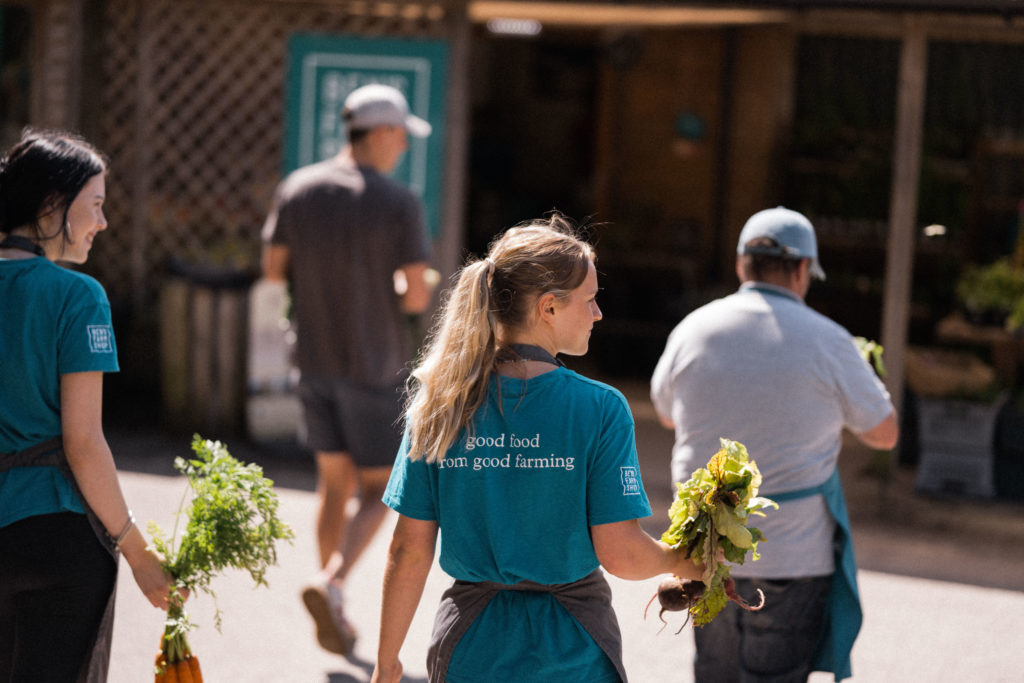
Ready to support local and buy British farm food?
The Farm Shop Guide is your road-trip companion to some of the most ethical, delicious, and independently run food stops across Britain, from award-winning farm shops at regenerative farms to delis, cheesemongers, bakeries, honey farms, and more.
Wherever you’re heading, there’s a better bite waiting nearby: one that supports the land, the farmers, and the future.
Order your copy of The Farm Shop Guide today.

